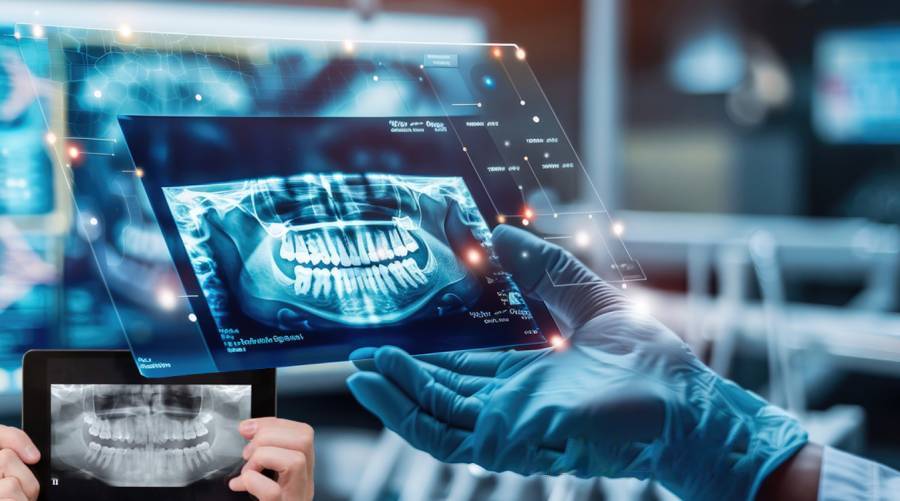AI Set to Revolutionize Urgent Care with Improved Fracture Detection in England
The healthcare sector is on the brink of transformation as artificial intelligence (AI) gains momentum, particularly in urgent care. According to the National Institute for Health and Care Excellence (NICE), several AI-powered tools could soon play a key role in reducing missed fractures and broken bones during X-ray analysis. These advancements promise to ease workloads for healthcare professionals while improving patient outcomes significantly.
NICE is considering recommending four advanced AI tools for use across urgent care facilities in England. These tools are being evaluated for their potential to enhance diagnostic accuracy by working alongside healthcare professionals, ensuring that every X-ray is thoroughly reviewed by experts. Although further evidence collection on their effectiveness is required, these tools show great potential in optimizing urgent care operations.
One of the most common diagnostic errors in emergency departments today is missed fractures, with estimates suggesting that 3-10% of broken bones go undetected. This issue is worsened by a shortage of radiologists and radiographers, with vacancy rates standing at 12.5% and 15%, respectively. These staffing shortages add to the already high pressure in urgent care settings, creating a critical need for innovative support.
Mark Chapman, the Director of Health Technology at NICE, highlighted the significant benefits of AI in urgent care. “These AI technologies are safe to use and can detect fractures that may be overlooked due to the high demands on healthcare professionals,” he stated. AI’s role in enhancing diagnostic precision could help reduce follow-up appointments, thereby streamlining care for patients with fractures.
NICE has assured that these AI tools are unlikely to increase unnecessary referrals to fracture clinics or lead to more diagnostic errors. Each X-ray will still undergo expert evaluation by a radiologist, creating a robust double-check system to protect patient safety.
The potential applications of AI in healthcare are vast, extending beyond fracture detection. AI is already aiding in early cancer detection, assessing heart attack risk, and even predicting potential pandemics. With these advancements, AI is positioned to be a vital tool in the future of medical diagnostics.
NICE has opened a public consultation on the proposed guidance for AI use in urgent care, with feedback accepted until November 5. As AI continues to evolve, urgent care in England looks set to benefit from faster, more accurate diagnostics and enhanced patient care.





